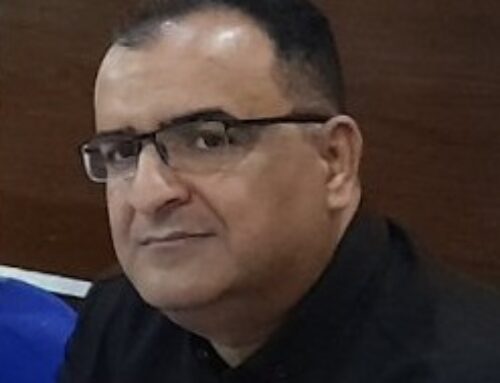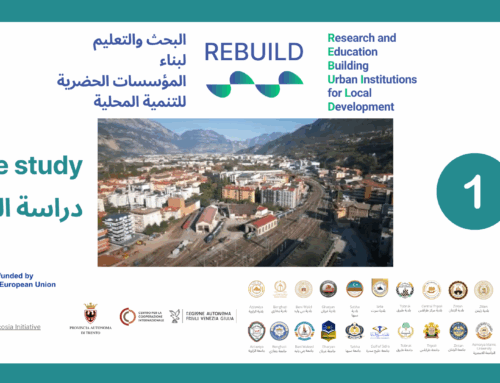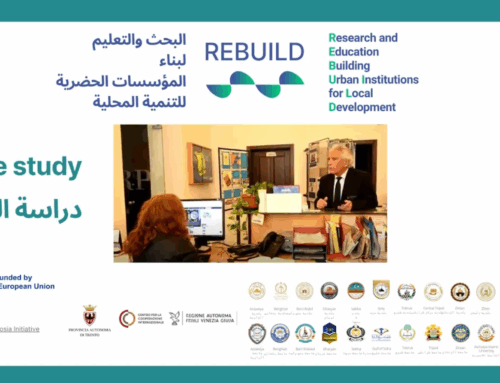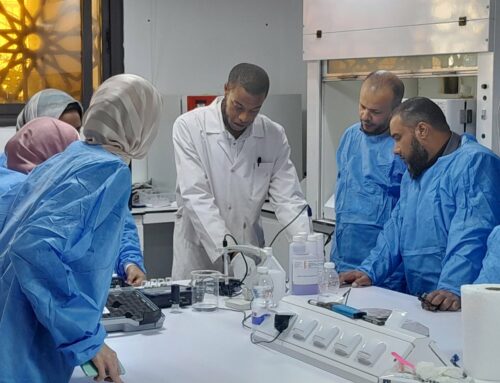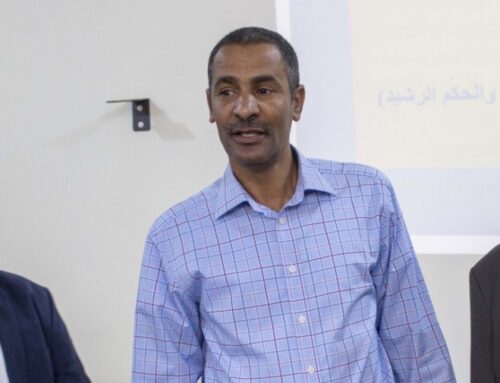Munqeth Othman Agha, PhD Researcher at the University of Trento
As part of their post-conflict efforts, the REBUILD Project’s ten Libyan municipal partners have developed strategic development plans. These plans are designed to refine their vision for the priorities, objectives, and key projects of local development.
From November 2022 to February 2023, the Center for International Cooperation (CCI) carried out a series of interviews with these municipalities. The goal was to inform partners and stakeholders about the progress of these plans, drawing in the meanwhile lessons and building knowledge exchange practice among Libya’s diverse cities. Most development plans were drafted in 2020 in coordination with international organisations to be locally-oriented, striving to include local community representatives and stakeholders. This is especially true in smaller towns, where the strategic plan’s agenda and priorities were identified by committees and subcommittees formed by the municipalities, representing a cross-section of society, including social and professional groups, local notables, technical experts, and business leaders.
However, despite this representation at public meetings, the allocation of resources for development projects has shown lower efficiency in addressing their needs. Furthermore, the limited outreach capabilities of some municipalities have hindered efforts to achieve greater inclusivity. The effectiveness of translating municipal agendas into actionable projects varied across cities, influenced by factors like financial capacity, the ability to mobilise local funds, or secure external financing.
However, there was a notable awareness of the economic potential within each city with a clear vision to unleash these potentials. For instance, coastal cities were keen to leverage their fishing and trading resources, whereas inland cities focused on developing local infrastructure to boost industrial and tourism activities.
Major challenges to realise these plans across most Libyan cities include an insufficient level of decentralisation and challenges in administrative and technical expertise. Some municipalities also struggled to communicate their projects to potential donors and financial backers.
As these plans were initially crafted for the 2020 to 2025 period, the current year presents an opportunity for partners to explore collaborative efforts with Libyan municipalities on new strategic development plans. This initiative is particularly necessary now given the country’s political and military stabilisation, underscoring the need to focus on long-term stabilisation and reconstruction, informed by past experiences, challenges, successes, and obstacles.


